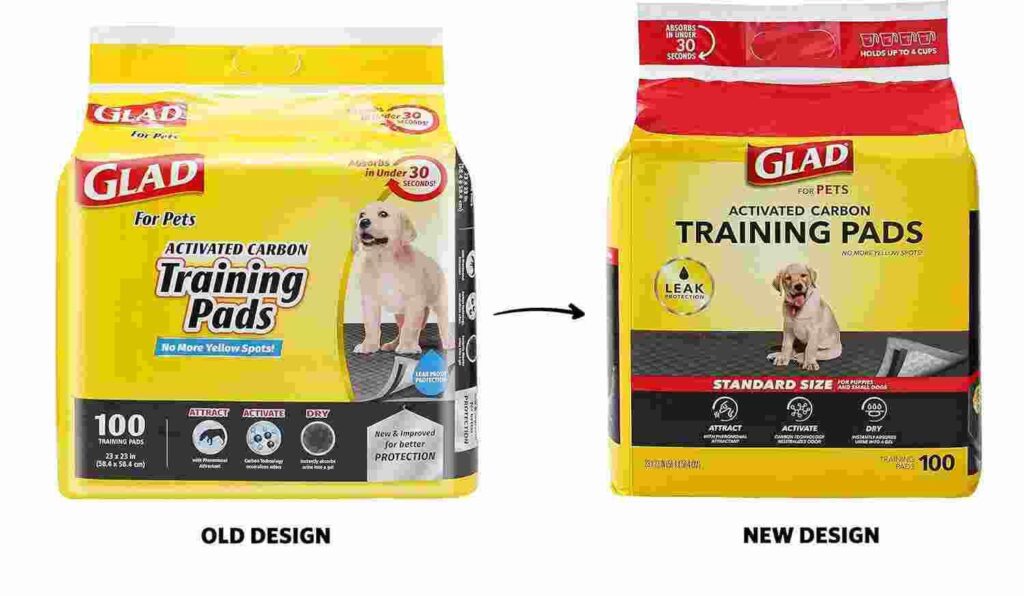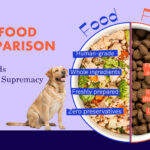How to Stop Puppy from Peeing in Crate? ensure that it has regular bathroom breaks and that the crate is not too spacious. Use positive reinforcement when your puppy goes potty outside.
Potty training a puppy is a fundamental step in establishing a healthy routine for your new pet. Keeping your furry friend from having accidents in their crate involves a combination of proper scheduling, crate training, and understanding the pup’s physical limitations.
Housebreaking a puppy is all about consistency, patience, and positive reinforcement. Creating a conducive environment for your puppy to learn can also play a vital role. It’s essential to remember that young puppies have small bladders and will need to relieve themselves frequently. By ensuring a puppy’s crate is comfortable, not overly large, and that the puppy has ample opportunities to go outside, you can minimize and eventually eliminate unwanted crate peeing.
Crate Training Basics
Crate training a puppy is a vital step in housebreaking. It taps into a dog’s natural instinct to keep their den clean. Yet, puppies peeing in their crate can be an issue. This section will delve into how to establish a positive crate environment and prevent these little accidents.
Choosing The Right Crate Size
It’s essential to find a crate that fits your puppy’s size. Too spacious, and they may use one end as a bathroom. Too tight, and they won’t be comfortable enough to relax. The crate should be just big enough for your puppy to stand up, turn around, and lie down.
| Puppy Size | Crate Length | Crate Width | Crate Height |
|---|---|---|---|
| Small | 24 inches | 18 inches | 19 inches |
| Medium | 30 inches | 19 inches | 21 inches |
| Large | 36 inches | 23 inches | 25 inches |
Understanding Puppy Crate Training
Crate training should be positive and stress-free for your puppy. Begin by encouraging them to enter the crate with treats and toys. Keep sessions short and sweet to avoid overwhelming them. Praise and reward them every time they enter the crate voluntarily. Follow a consistent schedule for feeding, playtime, and potty breaks as well.
- Introduce the crate gradually. Allow your puppy to explore it on their own terms.
- Use positive reinforcement—treats and praise make the crate inviting.
- Keep a schedule. Consistency helps with learning bladder control.
- Manage crate time. Puppies should only be crated for short periods initially.
- Provide ample potty breaks. Young puppies need to go out often.
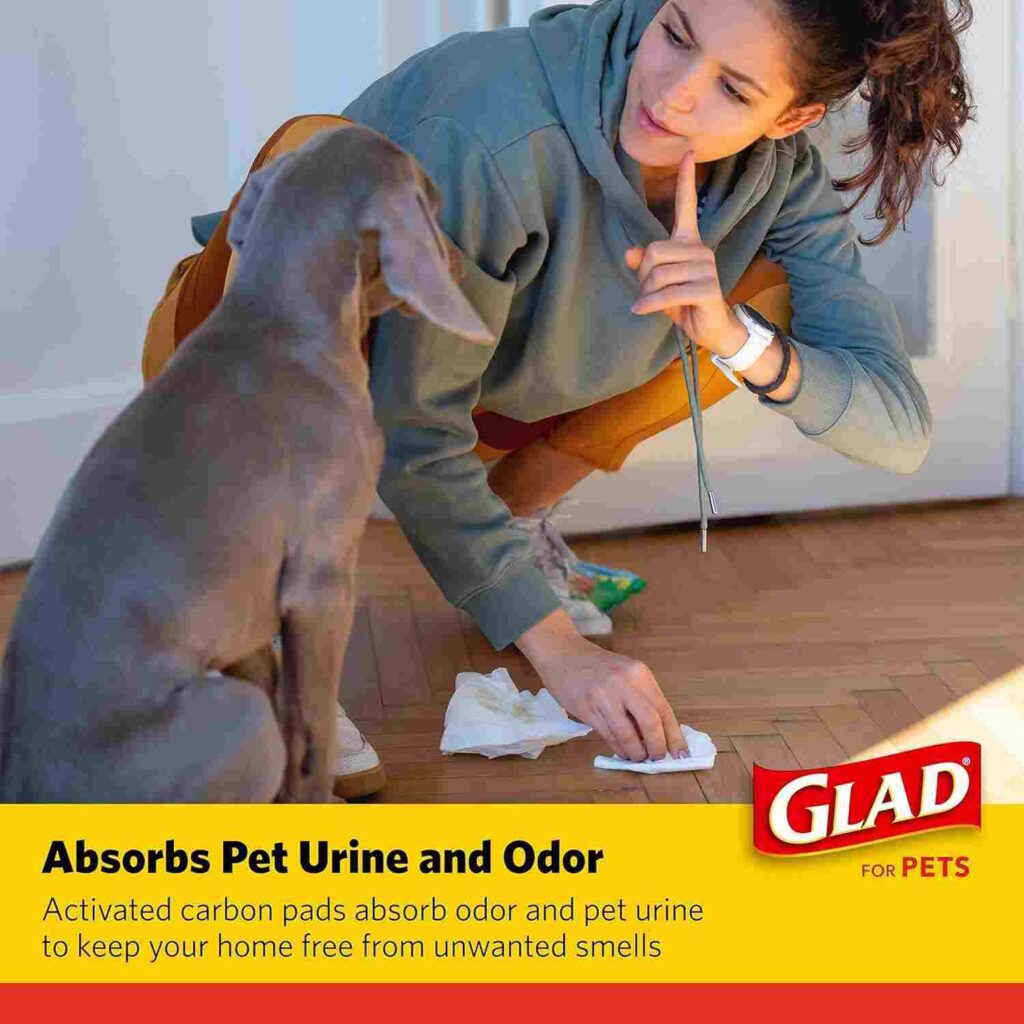
Establishing A Routine
Stopping a puppy from peeing in their crate begins with an essential step: establishing a routine. Embedding a solid schedule into your puppy’s life helps them understand when and where to relieve themselves. A routine cuts down confusion, leading to fewer accidents and a happier household.
Meal And Water Schedule
Setting specific times for feeding and drinking is vital. Puppies need to eat two to three times a day. Stick to these times. Always remove the water bowl at least two hours before bedtime. This simple adjustment ensures they process liquids earlier, reducing nighttime accidents.
| Meal Time | Water Cut-off Time |
|---|---|
| Morning – 7 AM | Night – 7 PM |
| Noon – 12 PM | |
| Evening – 5 PM |
Regular Bathroom Breaks
Accidents happen. But with regular trips outside, they become less frequent. Puppies need to go out often, usually after eating, playing, or waking up. Start with every two hours and adjust as they grow. Consistency is key.
- First thing in the morning
- After each meal
- Following playtime
- Before bed
Give praise when they go potty outside. This encourages good behavior. With patience and a steady routine, your puppy will learn to wait for the right time and place to pee.
Positive Reinforcement Strategies
Training a puppy can be a challenge, especially when it comes to preventing accidents in the crate. Positive reinforcement is a powerful tool. It encourages good behavior through rewards and praise instead of punishment. This technique builds trust, makes learning more enjoyable for your puppy, and establishes a strong bond between you.
Rewarding Good Behavior
Focus on praising your puppy every time they do the right thing. When they pee outside, celebrate with kind words, petting, and treats. Keep treats handy to reward promptly. This ‘reward system’ helps them learn faster.
- Catch them in the act: Be alert so you can reward your puppy right after they go potty outside.
- Use a happy voice: Dogs understand tone well, so use an enthusiastic voice for praise.
- Be consistent: Consistency with rewards leads to better understanding and routine for your puppy.
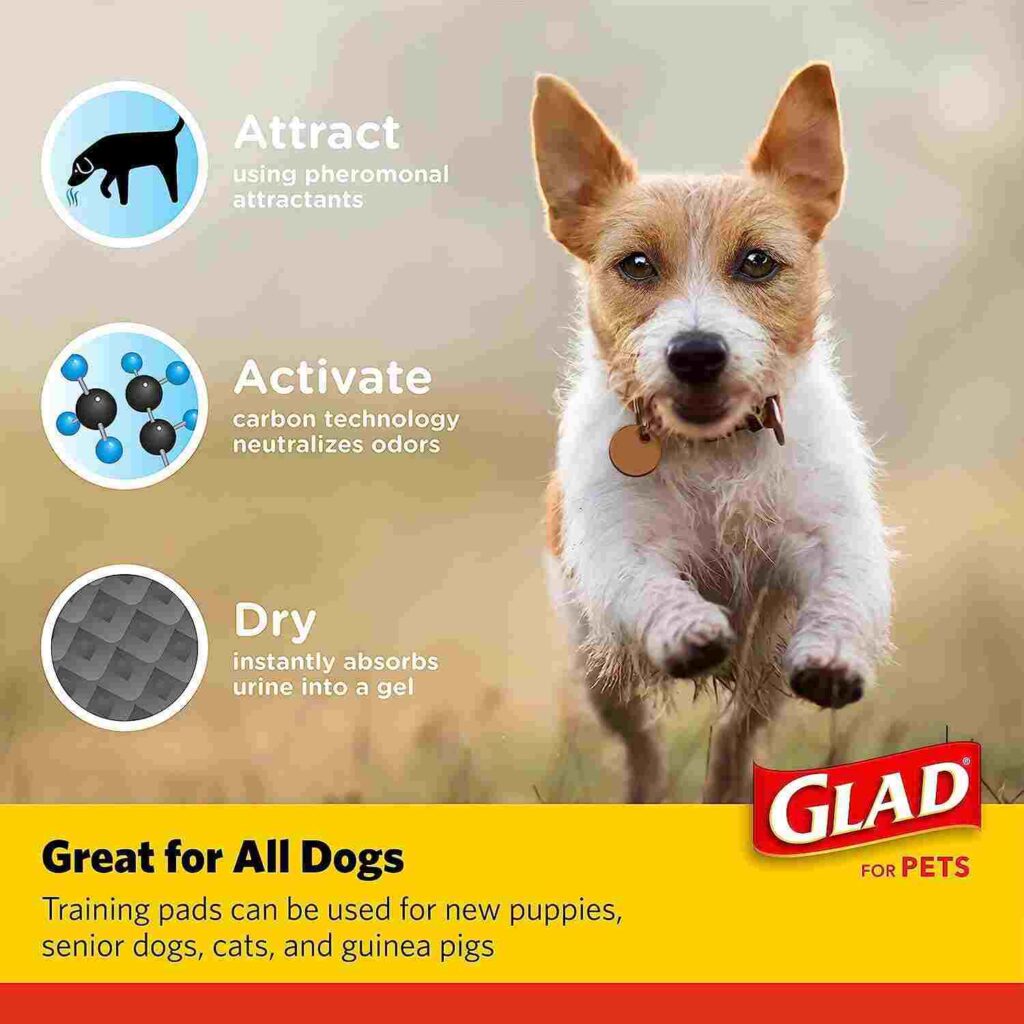
Correcting Accidents The Right Way
Mistakes are normal, but reacting correctly is crucial. Never scold or punish your puppy for an accident. Instead, interrupt them with a gentle noise and take them outside immediately.
If you find an accident after it has happened, resist the urge to punish. Clean it up quietly using an enzymatic cleaner to remove the scent and deter future mistakes.
- Interrupt gently: Use a simple ‘oops’ or clap to catch their attention.
- Lead back outside: Take your puppy out as soon as possible to reinforce the correct behavior.
- Clean thoroughly: Eliminate odors to prevent your puppy from marking the same spot again.
Managing Nighttime Crate Training
- Crate training a puppy at night poses unique challenges. It requires patience and a strategic approach. Properly managing your puppy’s needs and comfort can prevent nighttime accidents. Stick around to learn the must-follow steps.
Limiting Water Before Bed
Reduce your puppy’s water intake before bedtime. This helps their bladder stay empty through the night. An easy rule is no water two hours before sleep.
Setting Up For A Successful Night
To set your puppy up for a dry night, follow these steps:
- Create a cozy sleep space in the crate with a comfortable bed.
- Take your puppy to pee just before it goes into the crate.
- Ensure no distractions or noise can wake your puppy.
Always remember consistency is key. With time, your puppy will adapt to this schedule and accidents will become less frequent.
Exercise And Activity
Preventing a puppy from peeing in the crate often revolves around proper exercise and activity. Active playtime and mental stimulation are crucial. They ensure a happy, healthy, and well-behaved puppy. Let’s dive into how structured play and exercise can help manage this common issue.
Ensuring Adequate Playtime
Playtime is essential for a puppy’s development. It prevents boredom and helps them expend energy. Puppies are less likely to have accidents when tired. Experts suggest at least 30 minutes to an hour of playtime daily. Tailoring this to your puppy’s breed and energy level is important.
- Scheduled play sessions help establish routine.
- Interactive toys can keep them engaged even when you’re busy.
- Games like fetch and tug-of-war provide ample exercise.
Physical Exercise And Mental Stimulation
Physical exercise and mental stimulation go hand-in-hand. They reduce the likelihood of crate accidents. A bored or anxious puppy might pee in the crate. Keep them both physically and mentally tired!
| Activity Type | Benefits |
|---|---|
| Walks and runs | Burn energy, improve health |
| Training sessions | Engage their mind, improve obedience |
| Puzzle toys | Stimulate mentally, reduce boredom |
Combined, these activities mean less pent-up energy and better crate behavior!
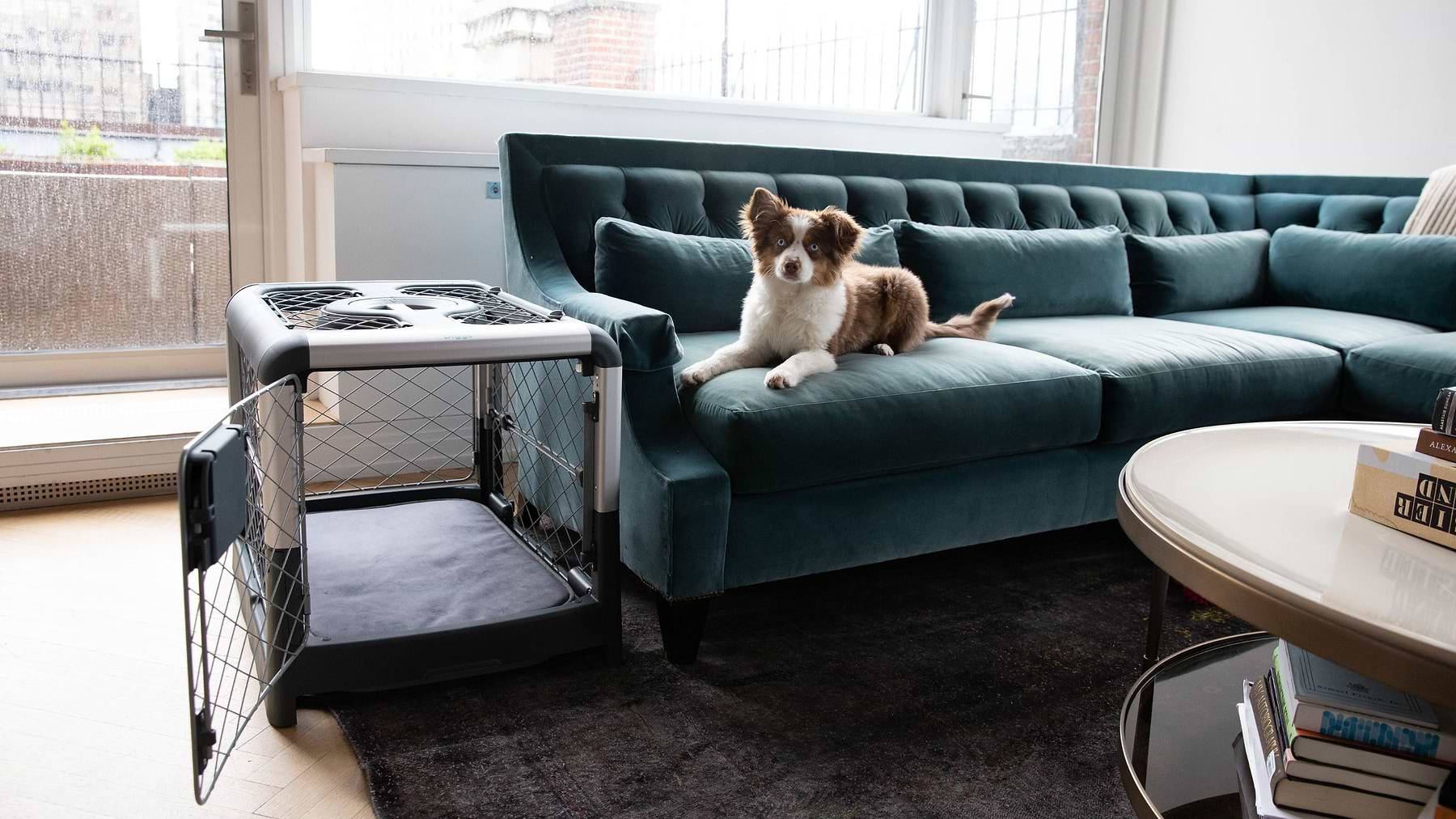
Credit: www.diggs.pet
Monitoring Food And Drink Intake
Stopping a puppy from peeing in its crate often starts with Monitoring Food and Drink Intake. What and when a puppy eats or drinks can lead to those unwanted accidents.
Quality Of Puppy Food
Puppies need the right balance to grow and stay healthy. Better food means better digestion. A well-digested meal produces less waste. Follow these simple tips:
- Opt for high-quality puppy food with good protein sources.
- Avoid foods with fillers that can lead to more frequent urination.
- Check with a vet for the best food for your puppy’s age and breed.
Controlling Water Consumption
Controlling when your puppy drinks water can prevent crate accidents. Puppies need access to water, but it’s also important to manage their intake.
| Time | Water Access |
|---|---|
| After Playing | Yes, but limit quantity |
| Meal Time | Yes, as they eat |
| Before Bed | Limit 2 hours prior |
| Crating Period | No access |
Likewise, always take your puppy to pee before crating. Track their toilet habits to reduce accidents. Soon, your puppy will learn to wait until you let them out.
Crate Comfort
A comfortable crate is vital for stopping a puppy from peeing inside it. A welcoming space helps your puppy feel secure and less anxious. A cozy crate encourages your puppy to view it as a personal den, not a place to relieve themselves. Focus on making the crate inviting, with the right bedding and toys.
Making The Crate Welcoming
The right size crate is essential. Make sure your puppy has enough room to stand, turn, and stretch, but not too much space that they can use one end as a bathroom. Include a cover to provide a sense of security. Consider using soothing scents, like a cloth with the mother’s scent or pheromone sprays, to calm your puppy.
Appropriate Bedding And Toys
Opt for comfortable, absorbent bedding. This keeps your puppy dry in case of small accidents. Avoid materials that your puppy might chew up or that retain moisture, as dampness could encourage more accidents. Offer chew toys and puzzle feeders to keep your puppy entertained and to associate the crate with positive experiences.
- Choose a soft, machine-washable bed that fits snugly in the crate.
- Select toys specific for crate time, reinforcing that the crate is a special space.
Signs Of Distress And Anxiety
Many puppies face a tough time in their crates. They may feel scared or alone. This can make them pee where they should not. Your task is to spot when your puppy is not happy. Quick action can stop crate accidents. Let’s dive into the signs that your puppy is stressed or anxious.
Recognizing Stress In Puppies
Stress in puppies is common. It shows in many ways. You might see your puppy:
- Whining or barking a lot
- Doing lots of pacing
- Shaking or shivering
- Chewing on crate bars
More signs include:
| Behavior | What It Might Mean |
|---|---|
| Drooling excessively | Anxiety or stress |
| Trying to escape | Feeling trapped |
Spot these signs early. It helps you help your puppy feel better faster.
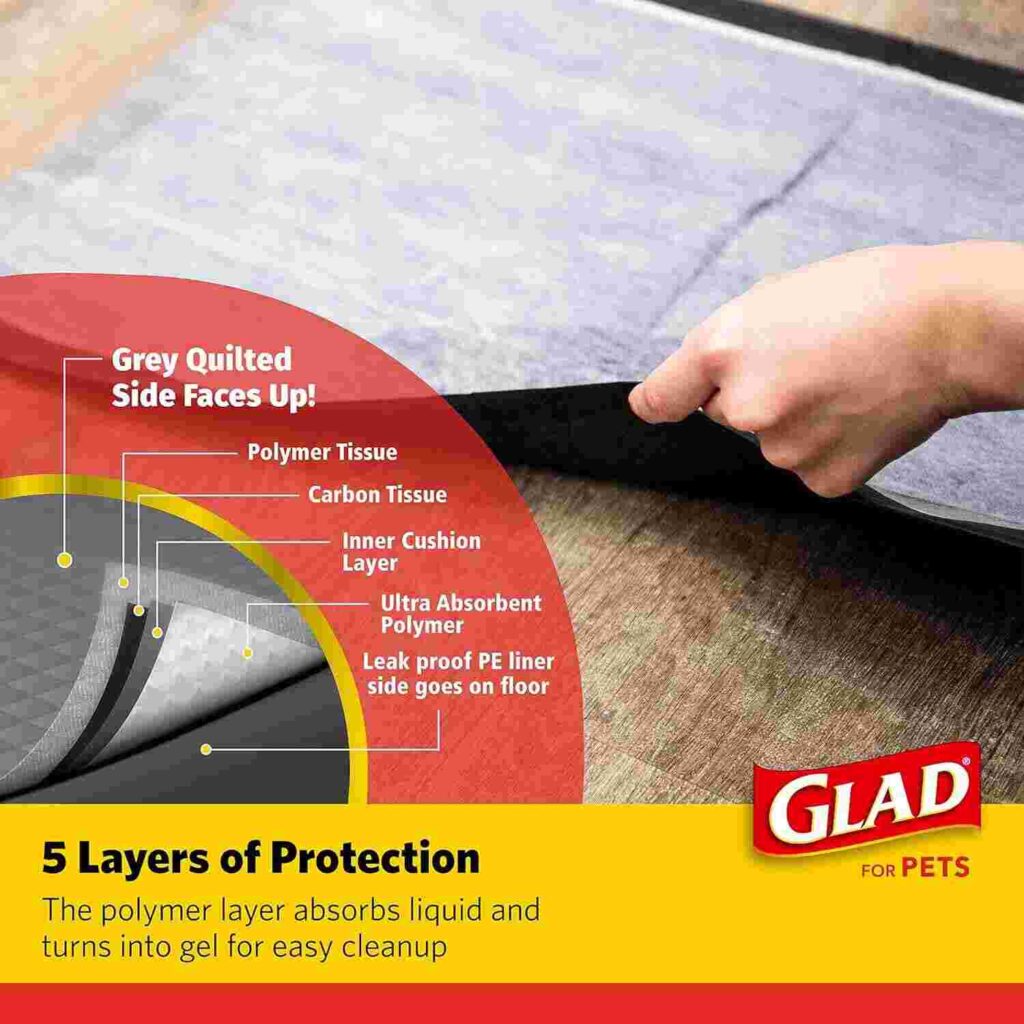
Addressing Separation Anxiety
Sometimes puppies pee in crates because they miss you. This is separation anxiety. Look for:
- Accidents when alone
- Not eating well
- Not playing with toys
Keep things calm to help your puppy. Do this:
- Leave a shirt that smells like you
- Use calming treats or toys
- Practice short leave periods
Teach your puppy that alone time is safe. It takes patience and love. Accidents will become rare. Your puppy will be happier.
Health Considerations
Stopping your puppy from peeing in their crate often begins with understanding their health. Puppies might experience various health reasons making crate training a challenge. Before assuming it’s a behavioral issue, it’s crucial to rule out medical conditions that could be causing the problem.
Dealing With Potential Medical Issues
Certain health issues can lead to accidents in the crate. Signs include frequent urination, signs of discomfort, or changes in urine color or smell. These symptoms warrant immediate attention. Catching and treating any potential medical issues early makes crate training smoother and ensures your puppy stays healthy.
| Health Issue | Symptoms | Action |
|---|---|---|
| Urinary Tract Infection (UTI) | Straining, blood in urine | Seek vet consultation |
| Diabetes | Excessive thirst, increases urination | Request blood sugar tests |
| Gastrointestinal issues | Diarrhea, vomiting | Inspect diet changes |
When To Consult A Veterinarian
Monitor your puppy’s behavior and toileting habits closely. Changes or persistent issues are signs it’s time to consult a vet. Veterinarians can conduct tests, provide diagnoses, and recommend treatments. Early detection and professional advice keep your puppy healthy and increase training success rates.
- Increased water consumption
- Whimpering or restlessness in the crate
- Unexpected weight loss or gain
- Accidents becoming regular occurrences
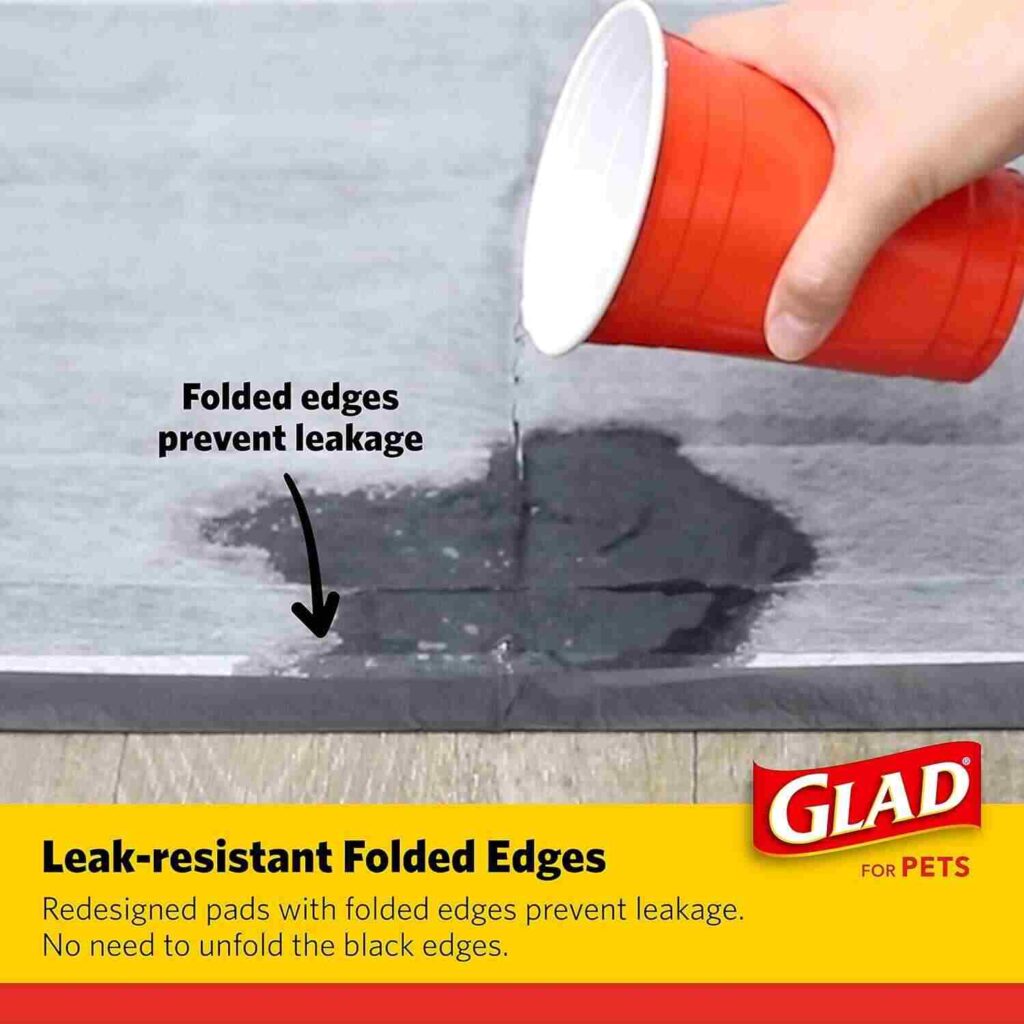
Troubleshooting Common Issues
Tackling issues with a puppy peeing in their crate can be challenging. Yet, solutions are within reach. Find out how to address common dilemmas effectively.
Persistent Accidents
Puppies may have accidents in their crates for various reasons.
- Ensure the crate is the right size: large enough for comfort, but small for preventing accidents.
- Keep to a consistent feeding and potty schedule.
- Clean accidents with enzyme cleaners to eliminate odors.
Determine if the accidents are a sign of a medical issue. Visit a vet if necessary.
Refusal To Use The Crate
Puppies may refuse the crate if it’s not a safe, welcoming space.
- Introduce the crate gradually with positive reinforcement: treats and toys.
- Never use the crate as punishment. Keep crate time positive.
- Ensure the crate feels like a den: cover with a blanket for a cozy environment.
| Issue | Possible Reason | Quick Fix |
|---|---|---|
| Persistent Accidents | Inadequate Size or Schedule | Resize and Reschedule |
| Refusal to Crate | Negative Associations | Reinforce Positively |
Frequently Asked Questions On How To Stop Puppy From Peeing In Crate
How Do You Get A Puppy To Stop Peeing In The Crate?
Ensure your puppy has regular bathroom breaks and praise them for proper elimination. Keep crate time short and provide adequate exercise. Clean any accidents with an enzymatic cleaner to remove odours. Use a correctly sized crate, as too much space may encourage accidents.
Monitor water intake before crating.
Why Does My Puppy Pee in the Crate After Being Outside?
Your puppy may pee in the crate due to incomplete house training, anxiety, or the scent of previous accidents. Ensure frequent bathroom breaks and clean the crate thoroughly to prevent repeat incidents.
How Long Can A Puppy Stay In A Crate Without Peeing?
A puppy can typically stay in a crate for 1 hour per month of age up to 8 hours, but not exceeding this without a pee break.
How Do I Get My 4-Month-Old Puppy To Stop Peeing In The House?
Establish a routine, taking your puppy outside frequently, especially after meals and naps. Praise and reward them for peeing outside. Quickly clean indoor accidents with an enzymatic cleaner to remove odors. Crate training can also help prevent accidents. Be consistent and patient.
Conclusion
Training your puppy to avoid accidents in the crate is achievable with patience and consistency. Reinforce these strategies for stress-free crate training. Remember, every pup can learn this essential skill, ensuring a happier, cleaner home for both you and your furry friend. Keep at it, and soon, your puppy’s crate will remain dry all day long!

